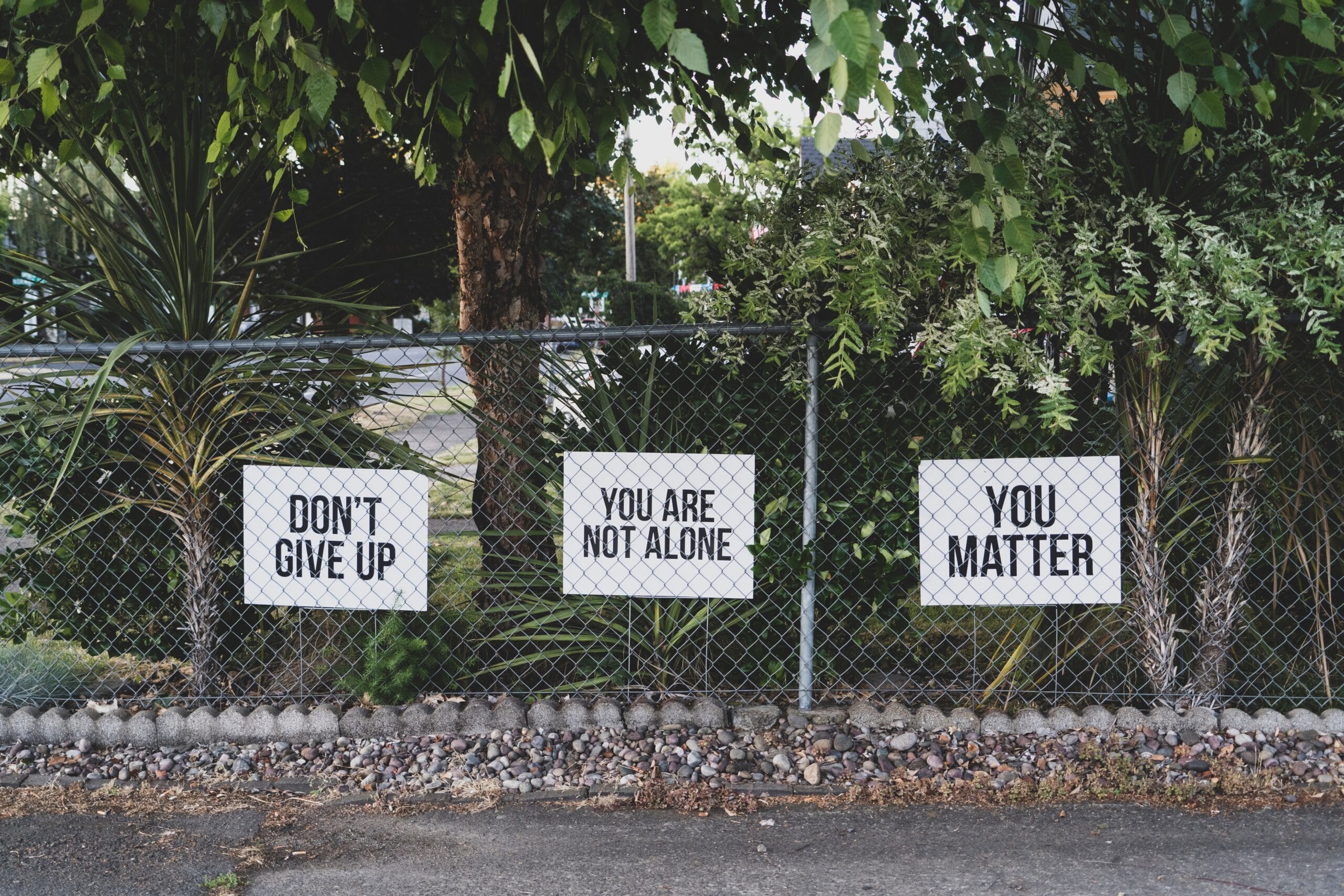Explore the complexities of teenage depression with our comprehensive guide for parents.
Gain insights into understanding, recognizing signs, and providing crucial support for your teen’s mental well-being. Let’s break the silence and foster a nurturing environment together.

Introduction
Teenage depression is a big worry that needs attention and understanding. It’s linked to the time when we usually think of teenagers exploring, figuring out who they are, and starting new things. But, for many teenagers, this time is a silent struggle against depression.
Depression signs can show up during the teenage years, like changes in sleep, eating, and weight. You might feel really sad, hopeless, or not valuable. Other signs could be not wanting to be around people, having trouble focusing or even thinking about hurting yourself. When experts think someone might have depression, they look for a bunch of signs that stick around for a while and mess up a person’s daily life.
Depression seems to happen more in teenage girls than in boys. Stress from things like being treated badly or abused, whether emotionally, physically, or sexually, can be a reason. A counselor, Sharon Hersh, once said, “When a scary outside world and a confusing inside world clash, it’s often too much.” Also, girls might feel extra pressure from what they see in the media about having the “perfect” body. If a girl thinks she doesn’t look good or worries too much about what others think, it can make her more likely to feel depressed.
How Common is Teenage Depression
The first thing to do when dealing with teenage depression is to understand how common it is. The World Health Organization (WHO) says that depression is a big reason for people not being able to do things around the world. Even teenagers, who are between 13 and 19 years old, can be affected because these years are super important for how they feel and think, making them more likely to face mental health issues.
Roots of Teenage Depression: Understanding its Origins and Influences
To tackle teenage depression effectively, we need to figure out why it happens and find ways to help. Teenagers can feel depressed due to different things like how their bodies work (genes and hormones), stress, and tough situations at home, school, or with friends.
The World Health Organization says depression comes from a mix of things like how we feel in our hearts and minds and how our bodies work. Sometimes, it can be because our families have a history of feeling this way, or it might be linked to health issues like heart problems or changes in hormones. Stress also plays a big part. While a bit of stress is okay, too much for a long time can make a teenager feel down.
Things like parents splitting up, losing someone important, being treated badly, accidents, sickness, or struggling with school can be big causes of stress. Feeling pressured to do well in school or worrying about the future can also make someone feel sad. If a parent is feeling down, it can affect a teenager too. Understanding all these reasons can help us support teenagers better and find ways for them to cope.
Recognizing the Warning Signs: Identifying Teenage Depression and Knowing When to Offer Help
It’s important to notice the signs of teenage depression early so we can help. While the signs can be different for each person, common things to look out for include:
- Feeling Sad or Irritable: If someone has been feeling very sad or annoyed for a long time.
- Changes in Sleep: Having trouble sleeping or sleeping too much might mean someone is dealing with depression.
- Not Enjoying Things Anymore: If a teenager stops liking things they used to enjoy and avoids friends and family.
- Changes in Eating: Big changes in eating habits, like eating a lot more or a lot less, can be a sign of depression.
- Always Tired: Feeling tired all the time, even after getting enough sleep.
- Trouble Focusing: Doing worse in school and finding it hard to concentrate on things.
To know more about the symptoms of Teenage Depression please click
Dealing with Depression: Taking Care of Your Mental and Physical Health
When depression is moderate to severe, it’s often managed with help from medications and counseling by a mental health professional. Just as our bodies can become unwell, our minds can also experience sickness!
If you’re going through depression, it’s important to take steps to care for both your body and mind. Simple things like eating healthy meals, getting enough sleep, and regular exercise can make a big difference. Exercise can release chemicals that make you feel better, give you more energy, and help you sleep better.
If you can, try to figure out what makes you feel down and create a plan to deal with it. Share your feelings with someone you can rely on and trust. Having supportive family and friends can make it easier to handle depression and might even make the symptoms less severe. Writing down your thoughts and feelings in a journal can also be helpful.
Most importantly, don’t forget about your spiritual well-being. Taking care of your spiritual side can make a big difference in how you see life and can improve your overall outlook.
Intervention Strategies:
When we notice a teenager is struggling with depression, it’s crucial to step in and help them. We can help in various ways:
- Professional Counselling: Trained mental health professionals can talk one-on-one or in groups to help the teen deal with the issues causing their depression.
- Medication: In serious cases, doctors might prescribe medicine to balance the chemicals in the brain contributing to depression.
- Family Support: Getting the family involved in the healing process creates a strong support system for the teenager.
- Community Involvement: Encouraging teens to take part in community activities can give them a sense of purpose and belonging.
Parental Action Plan
- Understand Your Teen: Be alert to changes in behaviour, eating habits, moods, sleep patterns, or social interactions. Recognize that depressed teens may struggle to express their feelings.
- Take thoughts of self-harm seriously. If your teen talks about wanting to hurt themselves, take it seriously and get help right away.
- Get Professional Help: Consider seeking a professional diagnosis if you suspect your teen is experiencing depression.
- Follow Treatment Plans: Ensure your teen adheres to the doctor’s advice and report any lack of improvement or side effects.
- Establish Routine: Maintain a consistent schedule for eating, exercising, and sleeping to provide stability.
- Communication is Key: Keep open lines of communication with your teen, helping them navigate any feelings of shame or stigma associated with depression.
- Offer Reassurance: Remind your teen regularly of your love and support to counter feelings of loneliness or worthlessness associated with depression.
Summary:
Teenage depression is a serious and complicated matter that needs a thorough solution. If we understand why it happens, notice the signs, and take steps to prevent and help, we can build a supportive environment for our teens. By educating, talking openly, and offering support, we can break the stigma around teenage depression and help teenagers face the ups and downs of adolescence with strength and optimism.


Comments
10 responses to “Teenage Depression Unveiled: A Powerful Guide for Parents”
[…] 2. Teenage Depression Unveiled […]
[…] For more blogs on Teenage related challenges please read […]
[…] more Health Related Blogs, Read our Trending Blogs: 10 Urgent Diabetes Symptoms, Teenage Depression, Victory Over […]
I’m really impressed along with your writing abilities as neatly as with the layout for your blog. Is this a paid theme or did you modify it yourself? Anyway stay up the nice high quality writing, it is uncommon to look a nice weblog like this one today!
[…] The Mayo Clinic tells people with asthma to watch their symptoms when the weather changes. They should change their medicine as their doctor tells them to.Related Reads You Might Enjoy:Depression Symptoms, Causes and Treatments:Victory Over Cancer: Are We Close to Winning?Diabetes: It’s Types, Causes, Symptoms, and Effective TreatmentsPractical ways to deal with negative thoughtsTeenage Depression Unveiled: A Powerful Guide for Parents […]
[…] For more Health Related Blogs, Read: Diabetes, Negative Thoughts, Teenage Depression […]
Just here to join conversations, exchange ideas, and learn something new throughout the journey.
I like understanding different opinions and sharing my input when it’s helpful. Always open to new ideas and connecting with others.
There is my web-site:AutoMisto24
https://automisto24.com.ua/
I do not even know howw I ended up here, but I thought this post was good.
I don’t know who you aree but certainly you are going to a
famous blogger if you aree not already 😉 Cheers! https://jobs.jaylock-ph.com/companies/11-%e0%a4%b5%e0%a4%bf%e0%a4%a8%e0%a4%b0-%e0%a4%97%e0%a5%87%e0%a4%ae2/
It’s a shame you don’t have a donate button! I’d most certainly donate to this brilliant blog!
I guess for now i’ll settle for book-marking and adding your RSS feed to my Google
account. I look forward to new updates and will talk about this blog with my Facebook group.
Talk soon! https://Azurslotaustralia.wordpress.com/
I don’t think the title of your article matches the content lol. Just kidding, mainly because I had some doubts after reading the article. https://accounts.binance.com/es/register-person?ref=RQUR4BEO